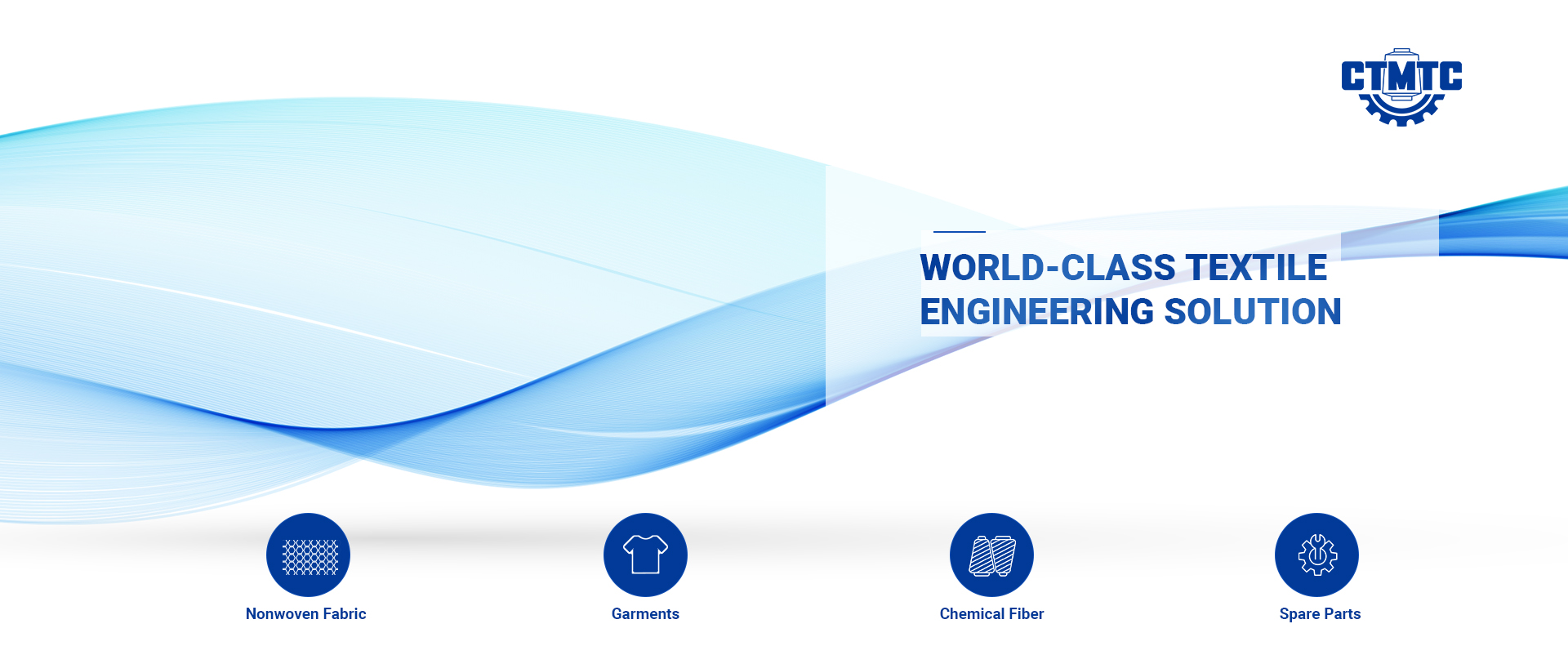The production of polyester fibers for demanding textiles from recycled PET (rPET) granules, especially using an in-line spinning process, is an extremely challenging task. This requires processing technology and the experience of the spinning mill. The starting material must be continuously processed into a homogeneous spinning melt.
All processing steps must provide the desired properties of the melt and keep these properties stable throughout the process. For many textile applications, parameters such as viscosity and uniformity are decisive and must be influenced by the slightest fluctuations. In other words: The use of recycled polyester in the textile sector requires appropriate pretreatment processes and precise process control.
BB Engineering, a subsidiary of Oerlikon Textile, has many years of experience and expertise in the development of components and systems for spinning mills. It was this spinning know-how that was decisive for the successful development of the VacuFil PET recycling system. On this basis, the company has developed a liquid polycondensation recycling system for the further processing of spinning waste after production and bottle flakes, which is optimally suited for spinning mills for further textile processing of recycled materials (patent pending).
The heart of the process is the vacuum filter, which individually controls and controls the viscosity. To this end, the desired melt properties can be achieved online in a reliable and reproducible manner and monitored during operation. In various spinning trials, the rPET granulates manufactured at the Oerlikon Textile R&D Center using the VacuFil produced convincing results. In various spinning trials, the rPET granulates manufactured at the Oerlikon Textile R&D Center using the VacuFil produced convincing results. В различных испытаниях на прядение гранулы rPET, изготовленные в Oerlikon Textile R&D Center с использованием VacuFil, дали убедительные результаты. In various spinning tests, rPET pellets made at the Oerlikon Textile R&D Center using VacuFil gave convincing results. In various spin tests, the Oerlikon Textile R&D Center achieved convincing results with VacuFil rPET pellets.
The results of various spinning tests have shown that the new VacuFil technology is very efficient and produces superior quality pPET, comparable to virgin material.
If VacuFil is combined with BB Engineering’s rPET compatible VarioFil* R+ compact spinning system (or other rPET capable direct spinning system), the granulation step can be omitted. The scrap is reclaimed in a single seamless process and immediately spun – top quality thanks to optimum melt handling. [Anm.: Den folgenden, englischen Part hat der Kunde so abgesegnet. Bitte nicht verändern.] Eco Spindles, a customer of BB Engineering in Sri Lanka, is so convinced of the VarioFil R+ spinning system with VacuFil extrusion that they are investing in other rPET VarioFil systems. Dr. Anush Amarasinghe, Managing Director of Eco Spindles, manufactures POY from bottled flake material, explaining: “Our customers are increasingly in need of recycled fibers and we certainly want to meet their requirements and needs. For this reason, we are expanding our product range “Satisfying this demand is an important step for us. Bottle recycling is still a niche market in Sri Lanka and we are determined to maintain our high quality standards. We have special requirements and we need an advanced partner for this project. Several years ago we decided to buy a compact spinning system BBE VarioFil R+ so that we could produce POY from bottle flakes. We wanted to test the plant first – also because the part of the bottle collected on the beach was a problematic starting material. However, excellent customer feedback And the fact that our products are a profitable motivation for further investment. We decided to buy more about bottom of the VarioFil R+ line with a VacuFil recirculation system. The good thing is that the whole process is completely continuous. We can produce an extremely homogeneous rPET melt with a stable viscosity, AND spin it straight into high quality fibres.”
For Eco Spindles, this is the flexible VarioFil R+ compact spinning system with an upstream direct feed VacuFil recovery system. It is designed to be manufactured using recycled bottle flakes, recycled chips and virgin chips. On the one hand, this is possible because the drying system is suitable for chips and wood chips. Vacuum extruders, on the other hand, can be operated with or without vacuum and are therefore capable of melting recovered virgin feedstock. The experience acquired from >20,000 sold units has influenced the extruder design. The experience acquired from >20,000 sold units has influenced the extruder design. The experience gained after selling more than 20,000 units influenced the design of the extruder. The experience gained after selling more than 20,000 units influenced the design of the extruder. Thanks to its gentle melting, the BBE extruder creates the basis for an absolutely homogenous melt that meets the requirements of spinning mills. Single screw technology provides the reliability required for processing. Last but not least, special dosing systems for multiple components also provide flexibility for manufacturers: two additives can be added to the melt at the same time, or dosing units can be used to quickly change the colorant. VarioFil is configured with 6 positions, has capacities up to 150 kg/h and offers a wide range of end products with end titers from 50 to 150 den (DTY) and DPF from 0.7 to 4.0 dpf. With other settings VarioFil R+ covers 20-600 den POY or 30-500 den FDY and recycled PET. *
Thus, VarioFil is not only a universal spinning machine for a wide variety of applications, but also meets the growing demand for recycled PET fibers. Whether fashion brands, sportswear and furniture manufacturers or automotive manufacturers, leading textile processors and companies are increasingly focusing on sustainable products and products made from recycled materials. Today they have informed their yarn, fiber and nonwovens suppliers that they will be switching from virgin polyester to recycled polyester – in some cases up to 100% – for the production of their textiles in the near future.
Post time: Sep-23-2022

